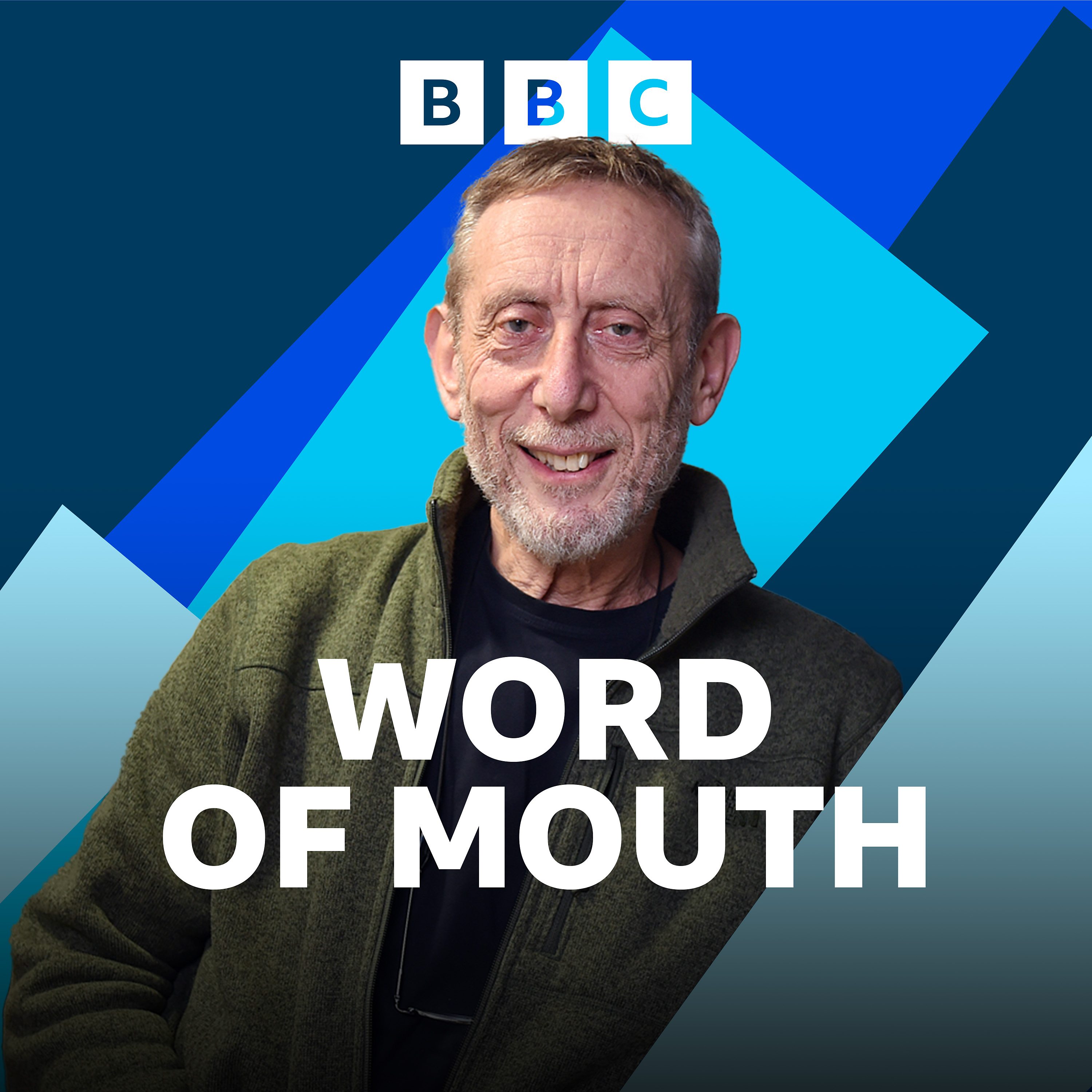

Word of Mouth
BBC Radio 4
Series exploring the world of words and the ways in which we use them
Episodes
Mentioned books

Jan 31, 2023 • 28min
Snap Crackle and Every Little Helps - the language of food advertising
Giles Poyner has worked in marketing and advertising for over twenty years and has worked on some of the biggest global brands. He explains how when it comes to marketing food and drink words really do matter. From taking every day slogans that we then associate with a brand to employing iambic pentameter to create taglines that stick in the customer's head. Although companies are using ever more sophisticated means to sell their products, clever slogans have been around for longer than we think. Almost 100 years in fact. Producer: Maggie Ayre

Jan 24, 2023 • 28min
Grammar Table
Ellen Jovin is a grammar and language fan. Her book Rebel With A Clause: Tales and Tips From A Roving Grammarian details her travels with her Grammar Table. Keen to engage with people face to face rather than online Ellen purchased a fold up table and set off on a road trip around the United States setting up on street corners and waiting for people to talk to her. The idea was that people could come and ask her about language and grammar without being made to feel stupid. Common questions included when to use commas and semi-colons and the right way to say 'nuclear' (think George Bush). Although she had lots of fun on her trip and met many interesting people along the way, Ellen's main intention is to help people with written and spoken English presentation in their public and working lives without the need for grammar books.Producer: Maggie Ayre

Jan 17, 2023 • 28min
Band names
Bob Stanley from Saint Etienne talks band names, from the (subjectively) rubbish to the brilliant, along with some of the best origin stories. Producer Sally Heaven

Jan 10, 2023 • 28min
Exclamation Marks!!
In the first of a new series, Michael Rosen exclaims excitedly over exclamation marks with Dr Florence Hazrat, who has a passion for them. They explore the history behind the first punctuation symbol to indicate emotion and ask why some people do not like using them at all. Florence is the author of An Admirable Point: A Brief History of the Exclamation Mark!Producer Beth O'Dea

Aug 23, 2022 • 28min
Nihal Arthanayake on conversation
Nihal Arthanayake has written a book based on his decades long experience of talking to people. Now he talks to Michael about what makes a good conversation.Producer Sally Heaven

Aug 16, 2022 • 28min
Like
Carmen Fought is a Californian Valley Girl, born and bred and she's, like, there's nothing wrong with using 'like.' And Michael's, like, come on Word of Mouth and tell us why.Producer Sally Heaven

Aug 9, 2022 • 28min
A Murmuration of Starlings
Most groups of wildlife can be described as a flock or a herd, a swarm or a shoal – but where is the fun in stopping there? From an army of ants to a dazzle of zebras, an exultation of larks to a murder of crows, the English language is brimming with weird and wonderful collective nouns to describe groups of animals and birds. Michael Rosen talks to Matt Sewell, author of 'A Charm of Goldfinches', about some of the more obscure examples that have made their way into common usage as collective nouns for creatures of the land, the sea and the air... Produced for BBC Audio Bristol by Becky Ripley

4 snips
Aug 2, 2022 • 28min
The Art of Apologies
Michael Rosen talks to sociolinguist Louise Mullany about all the ways in which we say sorry. From the sympathetic sorry in the face of bad news, to the polite sorry we say to strangers in the street. Via workplace hierarchies, gender differences, and the nitty-gritty of political apologies. Louise is a Professor of Sociolinguistics at the University of Nottingham and author of 'The Science of Politeness', due out next year.Produced for BBC Audio Bristol by Becky Ripley

Jul 26, 2022 • 28min
Ghosting Caking and Breadcrumbing
Michael Rosen talks to cyber-pyschologist Dr Nicola Fox Hamilton about the new language that has emerged now that so many relationships begin online. She has studied the way people use words and expressions to describe themselves in their dating profiles as well as their experiences of internet romance. She reveals how many of the creative new terms to describe relationships forged this way spring from African American speech and language.
If you want to avoid being ghosted, catfished or bread-crumbed then this is for you.Producer for BBC Audio Wales and West of England: Maggie Ayre

Jul 19, 2022 • 28min
Lords and Ladies: Folk Names for Plants and Flowers
Snotty Gogs and Moggie Nightgown may not immediately mean a lot to you but as common or folk names for the Yew berry and Wood anemone they reveal a fascinating social and cultural history of the countryside. Michael Rosen talks to the natural history broadcaster Brett Westwood about the informative, often funny sometimes bawdy names given to British plants and flowers.Producer: Maggie Ayre


